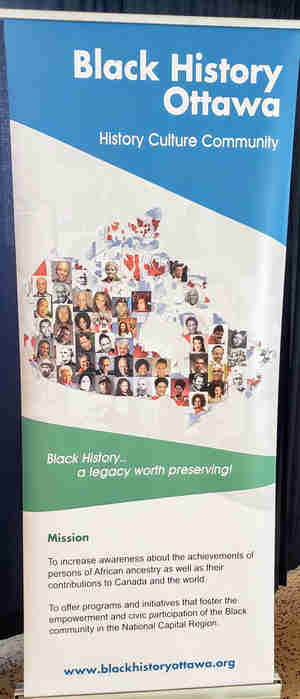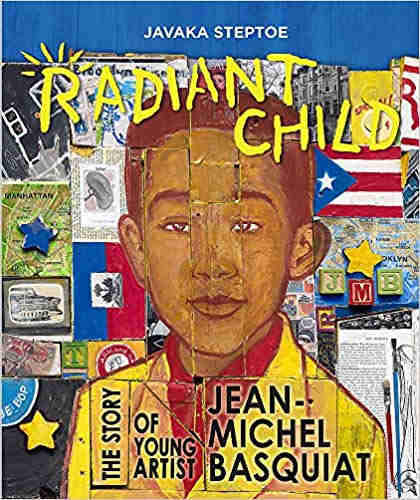Black History Month is soon approaching. As parents, we want to ensure that educators are intentional and purposeful in their approach to celebrating Black History. We thought we would share some dos and don’ts to keep in mind when planning for Black History Month so parents can understand what a positive educational experience should look like.
Do make Black History Month meaningful
Black History Month is an opportunity to recognize, honour and celebrate the contributions of people of African descent to Canadian society and to the international community. Educators have the opportunity to educate students about history, art, literature, math, and science involving Black voices and identities. Unfortunately, as parents, at times we have seen our schools reduce Black History Month to activities where students decorate African masks or perform African dances that demean and appropriate African culture. Black History Month is more than a cultural celebration. It is an opportunity to showcase people of African descent who are often left out of the curriculum. Educators can explore the experiences and contributions of Canada’s first Black mayor, lawyer, hockey player, Member of Parliament, judge, and mathematician. They can also examine historical events that are not often taught in schools such as Africville, the Nova Scotia Home for Colored Children or life in Black Strathcona, British Columbia.
Do tell the Canadian story
There may be a tendency for educators to focus on teaching Black history from an American perspective, in large part because there are so many resources for teaching Black American history. In doing so, educators risk excluding and marginalizing Black Canadian stories that are central to learning about how Canada evolved as a country. Students may not have the opportunity to learn about slavery and segregation in Canada, or about the countless Black Canadian veterans, musicians, artists, doctors, scientists and writers who shaped our country. Check out Rollcall, a poem by George Elliot Clarke.
Do support Black authors


At Parents for Diversity, we are strong believers in
“own voices”, the idea that stories should be written
and told by people who identify with the characters
they are writing about. Historically, racialized authors
have been excluded from mainstream media, which
has led many stories to be left untold. Today, we see a
rise in books and narratives about racialized identities.
It’s important to support racialized authors who are telling these stories.
In recent years, books have been published about Viola Desmond. We encourage you to support Black authors who have written her story, including Jody Nyasha Warner, author of Viola Desmond Won’t Be Budged and the French version, La détermination de Viola Desmond.
Do include Black voices and experiences
When planning your Black History Month activities, include Black students and staff, parents and community members. The expression, “nothing about us without us” is important to ensure that Black History Month celebrations are centred around Black experiences and voices, and accurately reflect our histories and identities.
It may feel like a daunting task to teach Black history, literature or civic studies involving people of African Descent. However, there are many experts and resources available. Natasha Henry is an educator, author, historian and the President of the Ontario Black History Society. She has developed curriculum resources that focus on African Canadian history and the African Diaspora.
Do consult your School Board’s Declaration in support of the UN International Decade for People of African Descent
The United Nations has designated 2015-2024 as the International Decade for People of African Descent, recognizing that “people of African descent represent a distinct group whose human rights must be promoted and protected.” The Decade has three themes: recognition, justice and development. School boards across Canada have adopted declarations in support of the UN Decade, including the Ottawa Catholic School Board and the Ottawa-Carleton District School Board. The objectives set out in these declarations cannot be achieved without the participation of educators who can incorporate these commitments into their teaching practices, lessons plans and school community.


Don’t limit Black History to February
While Black History Month is celebrated in February, Black Canadians and Black people have made numerous contributions to Canadian society and beyond our borders. As an educator, consider incorporating Black voices into the curriculum throughout the year. For instance, when teaching about Canadian wars, consider teaching about the Coloured Corps or the No. 2 Construction Battalion (aka the Black Battalion). As alternatives to the literary canons, such as To Kill a Mockingbird, consider teaching Just Mercy by Bryan Stevenson. A young adult version has recently been published.


Don’t traumatize students
Common sense would dictate how damaging it would be to encourage students to pretend to be a slave in order to learn Black history. However, Scholastic has decided to share a Black History Month teacher activity guide for students to imagine the experience of being slaves.
The activity begins as follows:
Imagine the year is 1870. You were once a slave who escaped on the Underground Railroad. You have been asked to share the story of your courageous journey and to describe the brave people who helped you along the way. Answer any or all of the questions below.


Questions range from describing life as a slave, such as “What were some of the hardest things about your life?” to explaining life after reaching “freedom” such as “What were some of the challenges you faced? How did you feel starting your new life?” Like any lesson plan, teaching Black history should encourage critical thinking and awareness about the world in a manner that preserves the well-being and dignity of students.
Share with us some of your best practices, go to resources and materials for celebrating Black History Month.




